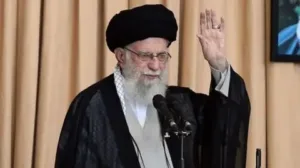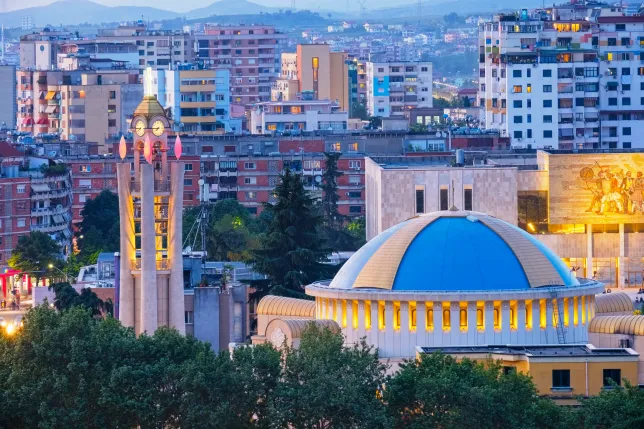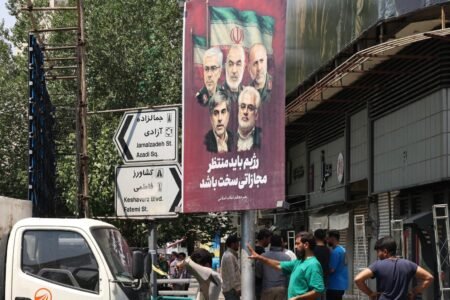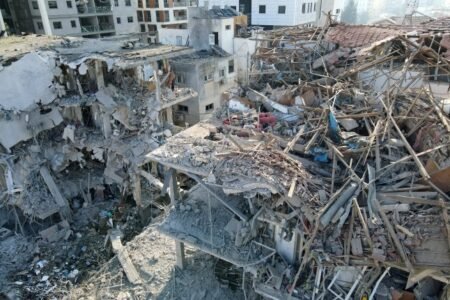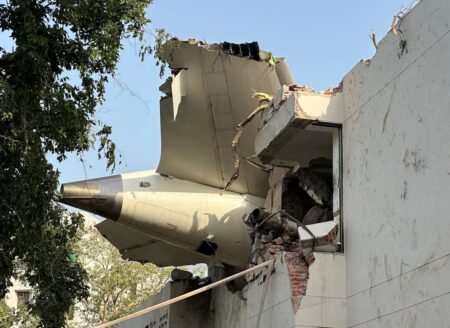Albania is set to establish the world’s smallest microstate, dedicated to the Bektashi Muslim community, to promote religious tolerance and peaceful coexistence.
Prime Minister Edi Rama announced the plan to transform a 10-hectare area in Tirana, Albania’s capital, into the “Sovereign State of the Bektashi Order.” This new state will be modelled after Vatican City but will be a quarter of its size.

The Bektashi microstate will be independent of the Albanian government and have its borders, passport system, and religious administration. According to Rama, this project reflects Albania’s longstanding culture of interfaith harmony and is designed to support “moderation, tolerance, and peaceful co-existence.”

The Bektashi Order, a Sufi branch of Islam, was founded in the Ottoman Empire in the 13th century and has been headquartered in Albania since the 1930s. Known for its tolerance and acceptance of other religions, the Bektashi community comprises around 10% of Albania’s Muslim population, making it the country’s fourth-largest religious group. Globally, Bektashi’s followers are estimated to be between 7 and 20 million.
In his recent speech at the United Nations, Rama said the new microstate would underscore Albania’s commitment to religious diversity.
The Bektashi Order expressed its support, stating that the creation of this state “aims at recognising the Bektashi Order as a sovereign, self-governing entity focused on moderation and spiritual guidance.”

The microstate would function similarly to Vatican City, with leadership under Baba Mondi, the current head of the Bektashi Order. Baba Mondi emphasised that this initiative is not about gaining political power but preserving the Order’s mission of spiritual moderation and ensuring its religious practices continue without external interference.
Albania, where about 50% of the population is Muslim, is recognised for its religious tolerance, with the Bektashi community playing a vital role in this legacy. Citizenship in the new state will likely be restricted to clergy and administrative personnel. The project highlights Albania’s role as a global example of peaceful religious coexistence.




